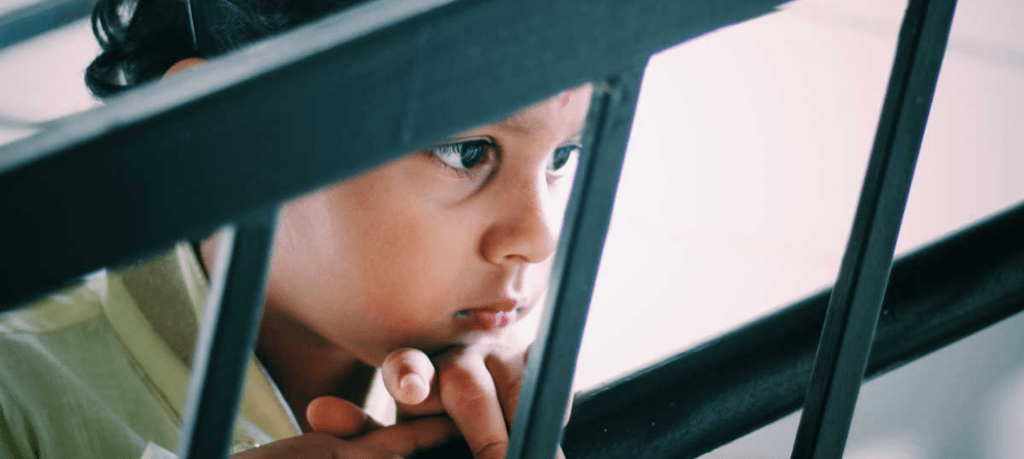
When a loved one dies, children feel and show their grief in different ways. How kids cope with the loss depends on things like their age, how close they felt to the person who died, and the support they receive.
It is an emotional moment for all the family members
Here are some things parents and teachers can do to help a child who has lost a loved one:
- Answer a child’s questions, but keep your answers brief and simple.
- Allow the child to grieve, but understand that for some children, real grief will be delayed.
- Listen to what the child says and how he or she says it.
- Don’t confuse young ones by using euphemisms for death such as rest or sleep.
- Reassure the child that death is not a form of punishment but is a part of life.
- Be patient and consistent with answers if a child asks the same questions over and over.
- Help the child understand that the deceased is not going to “come back.”
- Be careful about associating death with sickness because the child may become very fearful about his or her own sicknesses.
- Be careful about saying that someone died because he or she was old. The child may become fearful of losing other “old” people. When possible, present a positive picture of ageing to your grandchild.

Listen and comfort: Every child reacts differently to learning that a loved one has died. Some kids cry. Some ask questions. Others seem not to react at all. That’s OK. Stay with your child to offer hugs or reassurance. Answer your child’s questions or just be together for a few minutes.
Talk about funerals and rituals: Allow children to join in rituals like viewings, funerals, or memorial services. Tell your child ahead of time what will happen. For example, “Lots of people who loved Grandma will be there. We will sing, pray, and talk about Grandma’s life. People might cry and hug. People will say things like, ‘I’m sorry for your loss,’ or, ‘My condolences.’ Those are polite and kind things to say to the family at a funeral. We can say, ‘Thank you,’ or, ‘Thanks for coming.’ You can stay near me and hold my hand if you want.”
Give your child a role: Having a small, active role can help kids master an unfamiliar and emotional situation such as a funeral or memorial service. For example, you might invite your child to read a poem, pick a song to be played, gather some photos to display, or make something. Let kids decide if they want to take part, and how.

Respond to emotions with comfort and reassurance: Notice if your child seems sad, worried, or upset in other ways. Ask about feelings and listen. Let your child know that it takes time to feel better after a loved one dies. Some kids may temporarily have trouble concentrating or sleeping, or have fears or worries. Counselling can help kids who need more support.
Help your child feel better. Provide comfort that your child needs, but don’t dwell on sad feelings. After a few minutes of talking and listening, shift to an activity or topic that helps your child feel a little better. Play, make art, cook, or go somewhere together.
Give your child time to heal from the loss: Grief is a process that happens over time. Be sure to have ongoing conversations to see how your child is feeling and doing. Healing doesn’t mean forgetting about the loved one. It means remembering the person with love and letting loving memories stir good feelings that support us as we go on to enjoy life.
As time goes by, concentrate on providing children with a stress-free environment. Active play, humorous games and hanging out with cousins may help. Unconditional love is the best soother of all.






No comment yet, add your voice below!